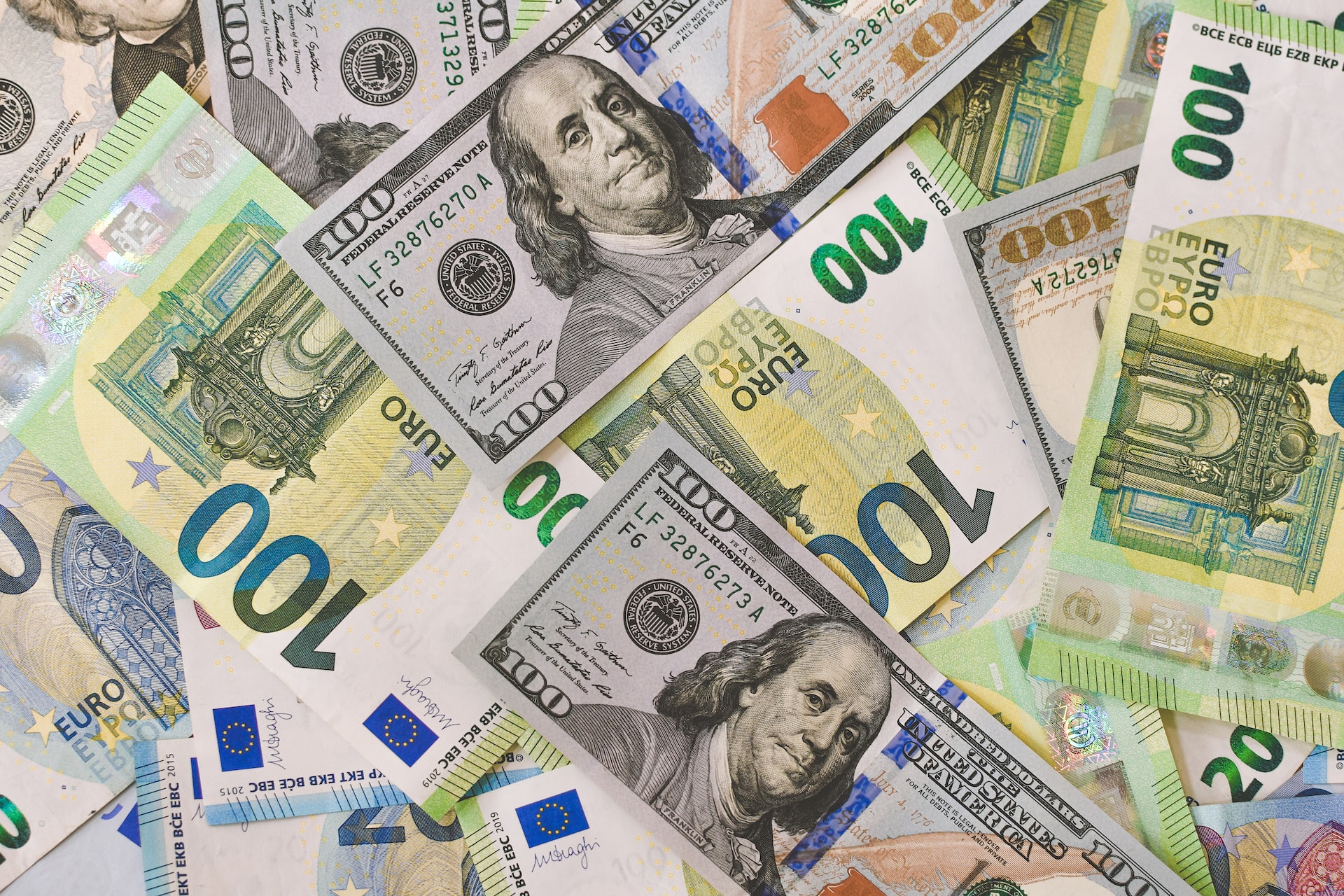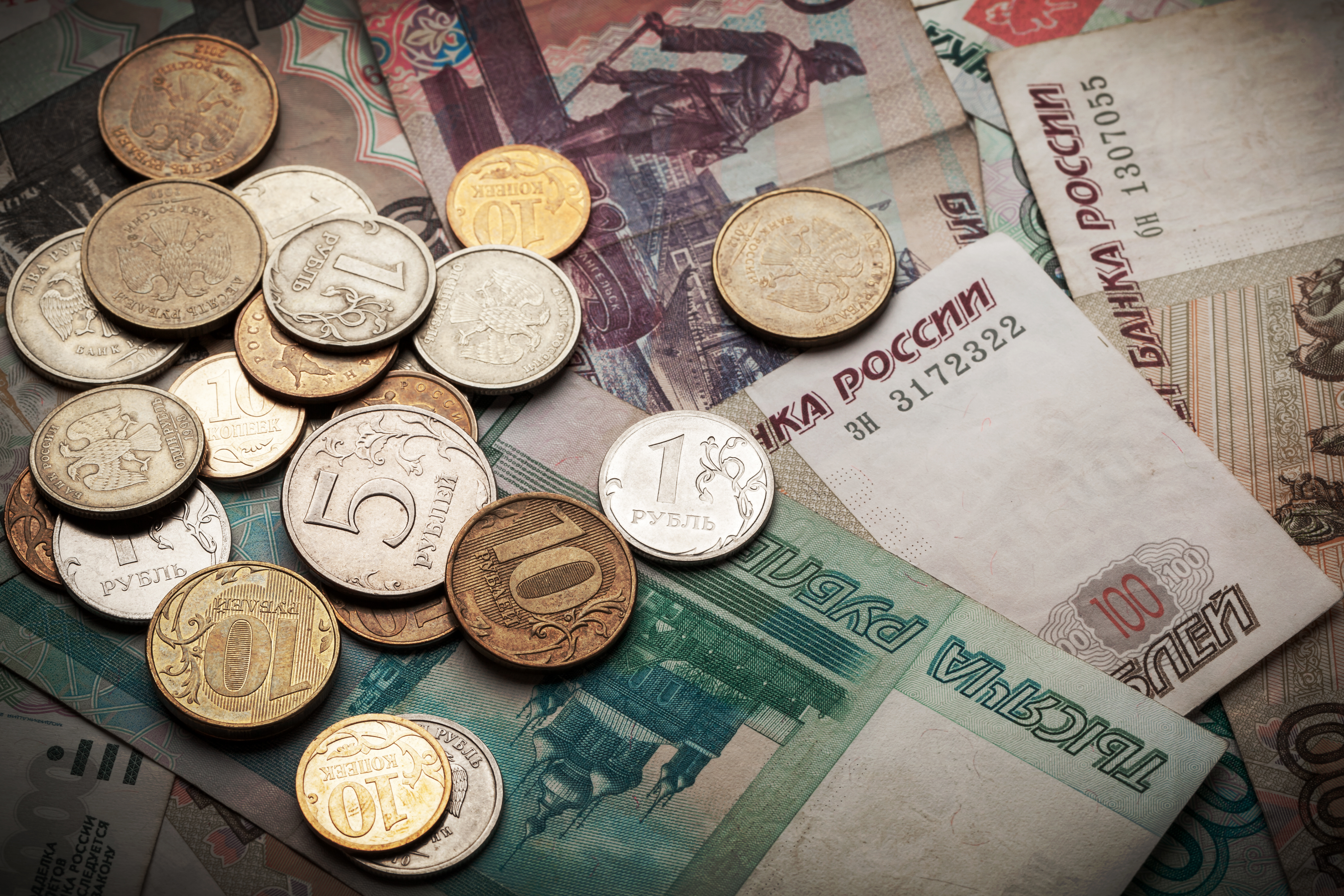This week, the Tax Justice Network, a “group funded by donations and campaigning for transparency,” released the 2021 Corporate Tax Haven (CTH) Index, which, according to the group, is a “ranking of jurisdictions most complicit in helping multinational corporations underpay corporate income tax.” While the British overseas territories topped the list of the world’s most significant tax havens, the United Arab Emirates represented one of the world’s fastest-growing tax havens as it slid into the top 10 with “over $200bn flowing into the country” via the Netherlands.
The release comes just a few weeks after a United Nations panel on financial integrity for sustainable development released a report suggesting that “up to 10% of the world’s wealth could be hidden offshore” and urging governments to overhaul tax laws. The Guardian stated that “billions of people around the world are being trapped in poverty by systemic tax abuses, corruption and money laundering, according to a UN commission report” and that the report comes “at a time when governments were under growing financial strain because of the Covid pandemic, and as inequality soars.” Notably, the International Consortium of Investigative Journalists (ICIJ), a 2021 Nobel Peace Prize nominee, advocated for tackling tax reform back in April 2020 while highlighting that governments facing a pandemic-related economic meltdown are now “confronted with a reality that many economists and tax justice advocates have been warning about for a long time: more than $800 billion in lost tax revenues, annually.”
And it appears that the advocacy is finally paying off.
In response to the release of the 2021 CTH Index, the Dutch Ministry of Finance issued a statement stating that the jurisdiction “introduced a withholding tax to target flows of money to low-tax countries, including the UAE and Bermuda, and to prevent the Netherlands from being used as a conduit.” It follows moves, early in the pandemic, by France, Denmark, and Poland who announced that companies that base their headquarters or subsidiaries in offshore tax havens will be barred from receiving aid from its coronavirus bailout.
Yet, as we commemorate the one-year anniversary of the World Health Organization’s declaration of a global pandemic this week, the imperativeness of instituting these reforms should not lose steam as the global community approaches the beginning of the end. While the pandemic has certainly fueled widening inequality, in Sigma’s ‘A Pandemic of Corruption’ piece a year ago, it was highlighted that even in the absence of a pandemic, the OECD estimates that corruption amounts to 10% of the total overall cost of doing business globally. Without factoring “systematic tax abuses [and] money laundering,” the annual dollar value of corruption alone would be enough to lift 1.4 billion people above the poverty line and keep them there for 6 years.

This week, the Tax Justice Network (“TJN”) released the 2022 Financial Secrecy Index, which ranks jurisdictions according to “their secrecy and the...

This week, an investigation by Buzzfeed revealed that the Russian oligarch Roman Abramovich allegedly utilized a network of anonymous shell companies...

With the release of the FinCEN Files, what was a common denominator related to an international money laundering network, sanctioned in September...
